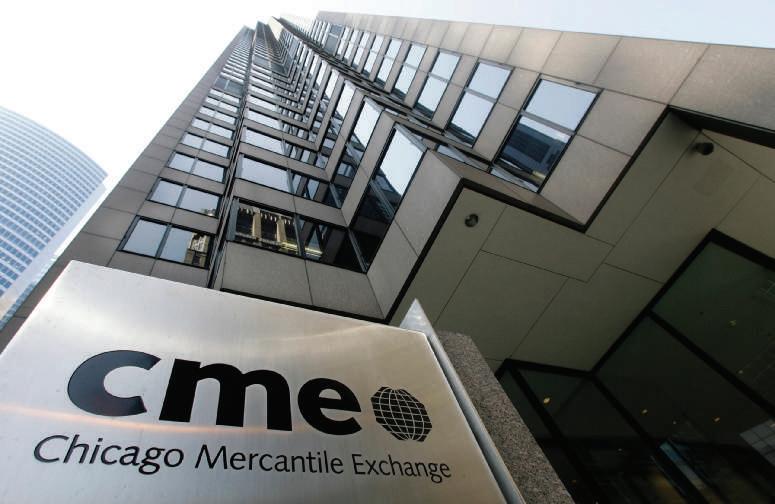
1 minute read
1-5c The Digital Divide Myth
Olivier Asselin/Alamy
Advances in information technology and the Internet is enabling school children in Nigeria to become globally competitive.
Advertisement
instantaneous. This reinforces the fact that IT and globalization are closely related. By reducing communication costs, IT has helped to globalize the production of goods and services and has encouraged a freer flow of these items, including capital, across national boundaries. In fact, IT acts as a catalyst in the globalization process by lowering operating costs.
Internet-related technologies help reduce corporate and societal hierarchies because of greater access to information for everyone concerned. Therefore, Internet and wireless technologies could make many authoritarian governments uneasy, thereby restricting public access to social media. This appears especially true in relatively closed societies where political freedom, especially of speech, press, or other forms of expression are severely curtailed—as in China and several countries in Central Asia and the Middle East. Political authorities in these societies, particularly nondemocratic governments, such as China and North Korea, have expressed their belief that uncensored information from countries abroad will corrupt local cultures. As events in Egypt, Tunisia, Libya, Syria, and others (the so-called 2011 “Arab Spring”) have shown, there are fears that Internet-related technologies could bring about rapid social and political change, and access to communications technology could shift the balance of power between ordinary people and their governments, making dissent safer. Therefore, it may be unlikely that Internet and related technologies will remain, or completely thrive, free of government interference.
Digital divide describes the perceived economic gap between countries or people with easy access to digital and information technology (and its benefits) and those with very limited or no access. However, as described in this section, the rapid and progressive fall in prices of digital IT equipment and services has increased access and accelerated globalization, thereby narrowing the digital gap. The question that should be asked: Will globalization make digital divide a myth?
Most people like what modern technology has to offer, and developing countries are no different and are now making the same transition that the United States, Europe, and Japan made earlier—only more rapidly and in a less expensive way. In the transition period,
digital divide
the perceived economic gap between countries or people with easy access to digital and information technology (and its benefits) and those with very limited access, or none at all






